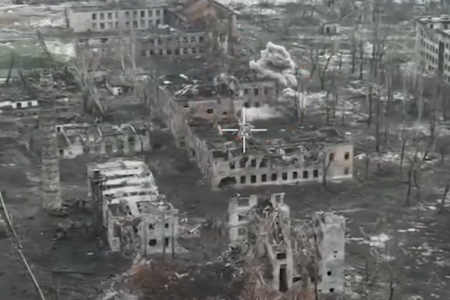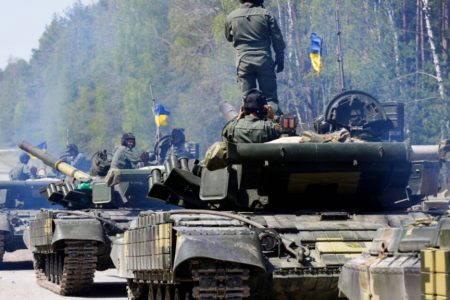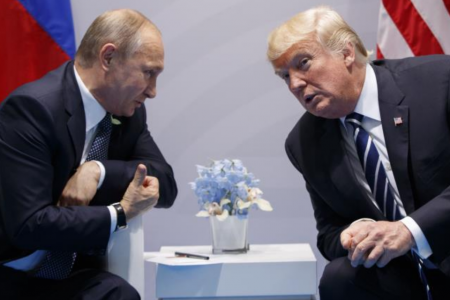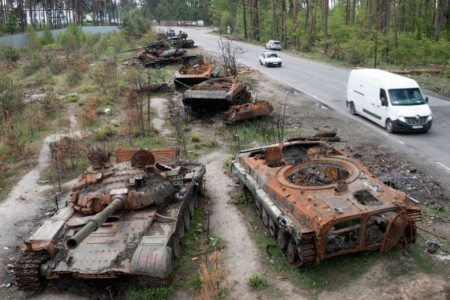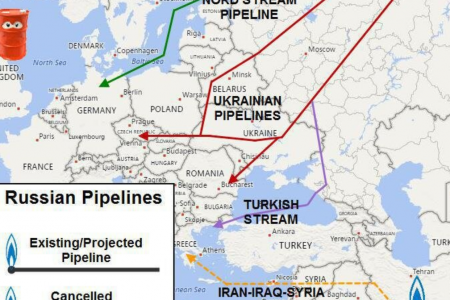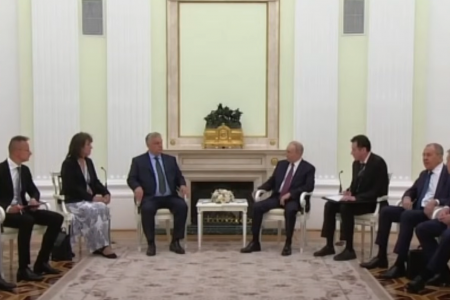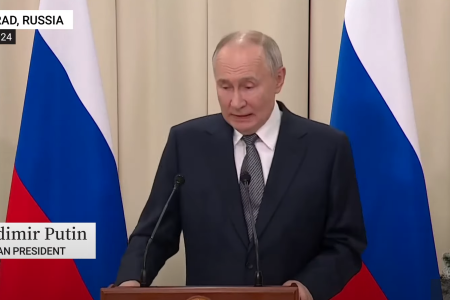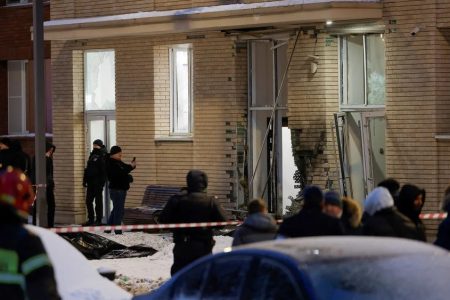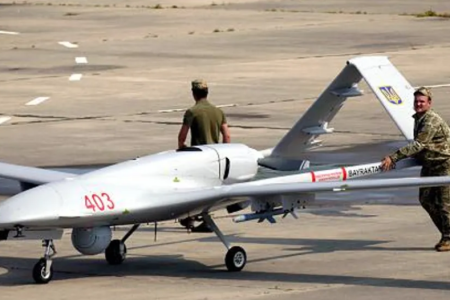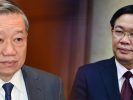
Just five years ago, many were optimistic that Southeast Asia was finally at a turning point on the path to democracy. At the time, the Myanmar military finally relaxed its decades-long power as Aung San Suu Kyi’s National League for Democracy (NLD) party won the 2015 election. Three years later, Malaysia’s opposition party removed the power of the National Front (BN) party, the long-ruling political coalition, marking the first regime change in Malaysia since its independence in 1957. These are seismic political changes. More importantly, both power shifts took place after free elections, though not entirely fair, but no bloodshed.
A democratic retreat from Manila to Naypyidaw
Today, that optimism has gone. The world has focused on the collapse of Myanmar after the military coup in early February 2021, resulting in fatal deaths and disappearance. However, not only in Myanmar, the democratic process has set backward across the region.
In Thailand, we are witnessing a return to a military monarchy with a new monarch, Maha Vajiralongkorn, who has requested a constitutional change to gain more executive power for the king himself and direct control to the Royal Bureau of Assets Management. He has now become one of the richest monarchs in the world with an estimated net worth of $60-70 billion.
Suppression under Thailand’s notorious “lese-majesti” law is on the rise. This law usually targets people who write posts on social media with content against the monarchy. In 2020, the Thai government sued Facebook and Twitter for ignoring requests to remove content deemed illegal. More worryingly, some of Thailand’s prominent dissidents have also mysteriously died in neighboring countries.
In the Philippines, Rodrigo Duterte took office in June 2016 and launched a campaign to crackdown on drug crimes that killed about 12,000 people in the country. Mr. Duterte has also criticized the media reporting these drug crime trials. In it, a “notorious” figure criticizing the Philippine government was found guilty of defamation in 2020. The country’s largest television network, ABS-CBN, was also suspended under pressure from Mr. Duterte’s ally in parliament.
The optimism about “Malaysian Spring” has completely disappeared. In 2020, the reformist Pakatan Harapan government collapsed and a new Muslim-Malay alliance came to power. With the multi-ethnic and multi-religious society in Malaysia, the establishment of the PN Party is not a positive sign of democracy.
Then, in February, the Malaysian government declared a state of emergency and stopped meeting parliament for six months. Many argue that the move is intended to prevent the opposition from challenging the new government.
Singapore, the richest country in the region, remains in the grip of the People’s Action Party (PAP), which just won the election in 2020. The PAP has been in power continuously since 1959.
The only bright spot in the area that appeared was Indonesia. However, dark clouds appeared on the horizon. President Joko Widodo (Jokowi) appears to be turning his back on reforms and “holding back” with Islamic militants who are trying to turn Indonesia into an Islamic country.
Since 1975, when the Communist Party has succeeded in ruling the country, Vietnam has always been a country that is considered by the West to be undemocratic because all state institutions are governed by the Communist Party.
The Communist Party of Vietnam just held its 13th National Congress in late January and early February this year. Two months later, the key personnel in the Vietnamese political system, also known as the “Four Pillars,” were announced at the end of the congress. The state president, the government leader, and the chairman of the country’s legislative body National Assembly were confirmed recently before the parliament election takes place. That shows the arrangement and staging of the ballots, like playing a “democratic play.”
The US president’s predecessors of Donald Trump were concerned with democracy in Vietnam, so the Vietnamese government was also hesitant to persecute dissidents, but under Trump’s administration, the US did not. With a heavy emphasis on democracy, the Vietnamese government forcefully arrested and sentenced many dissidents to a heavy prison sentence, even though they only spoke their voice, did not have an inch of iron in their hands to oppose the government.
Although the Vietnamese state has always declared the National Assembly the most elected and most powerful body, and the people are free to stand for election, in reality, it is all the opposite. The National Assembly of Vietnam only has the right to speak on the issues allowed by the Party, and there is no mechanism for the National Assembly to dismiss violators, but that right will be in charge of Party agencies. Those citizens who self-nominate without the Party’s permission will be arrested, as in the recent cases of Tran Quoc Khanh and Le Trong Hung.
Why is democracy fragile in Southeast Asia?
All of the above moves are taking place in the context of China determined to assert its dominant power position in Southeast Asia.
Beijing has sent a clear message that it doesn’t really care what political regimes or systems run Southeast Asian countries, as long as they recognize China as an undisputed regional power and have no questions about China’s illegal sovereignty claim in the South China Sea (Vietnam calls it the East Sea). This has indirectly strengthened the hands of anti-democratic forces in the region, with some openly admiring China’s “strong state” system.
Meanwhile, the pro-democracy faction faces a rather serious dilemma. On the one hand, supporters were hoping for more help from the West, mainly the US and Australia, to promote democracy in the region. On the other hand, they worry they might be accused of being Western spies, leaving people in the hands of autocrats in favor of populist nationalism.
Another challenge is the diversity of Southeast Asia. There is no single historical model or model for a stable and democratic political system in the region. Most Southeast Asian states were colonies of European powers, which had imposed their various political ideas on the societies they controlled. One thing the colonial rulers did not do was promote democracy. They did this only after their old colonies gained independence.
By global standards, many countries in Southeast Asia are relatively young. Most countries formed after World War II. The boundaries and political systems of these countries were largely determined by the colonial masters. This means that the nation-building process is still going on and the West should not assume that these countries will naturally move towards building liberal democracies.
In many of these Southeast Asian countries, traditional power, often autocratic, feudal, and authoritarian, remains very strong. In fact, many elites in these countries have different attitudes toward liberal democracy. Although they accept the concept of popular elections to choose political leaders, they also believe in the concept of “guided leadership” to elect the “right leader.”
For example, Sukarno, Indonesia’s first leader after independence, was known for practicing an “oriented democracy,” in which the government required political consensus and assurance to legalize regime-chosen leaders.
This is why fraud, ballot buying, and ballot box fraud are common features in Southeast Asian elections. These are elections that are sometimes justified as ways to get the “right” leader.
There is no easy answer to promoting real democracy in Southeast Asia. We may simply have to wait for a generational change before this takes root in the region. Young people aspire to true democracy, but for now, they are not a key force in the military or have no power in parliament.
Thoibao.de (Translated)




